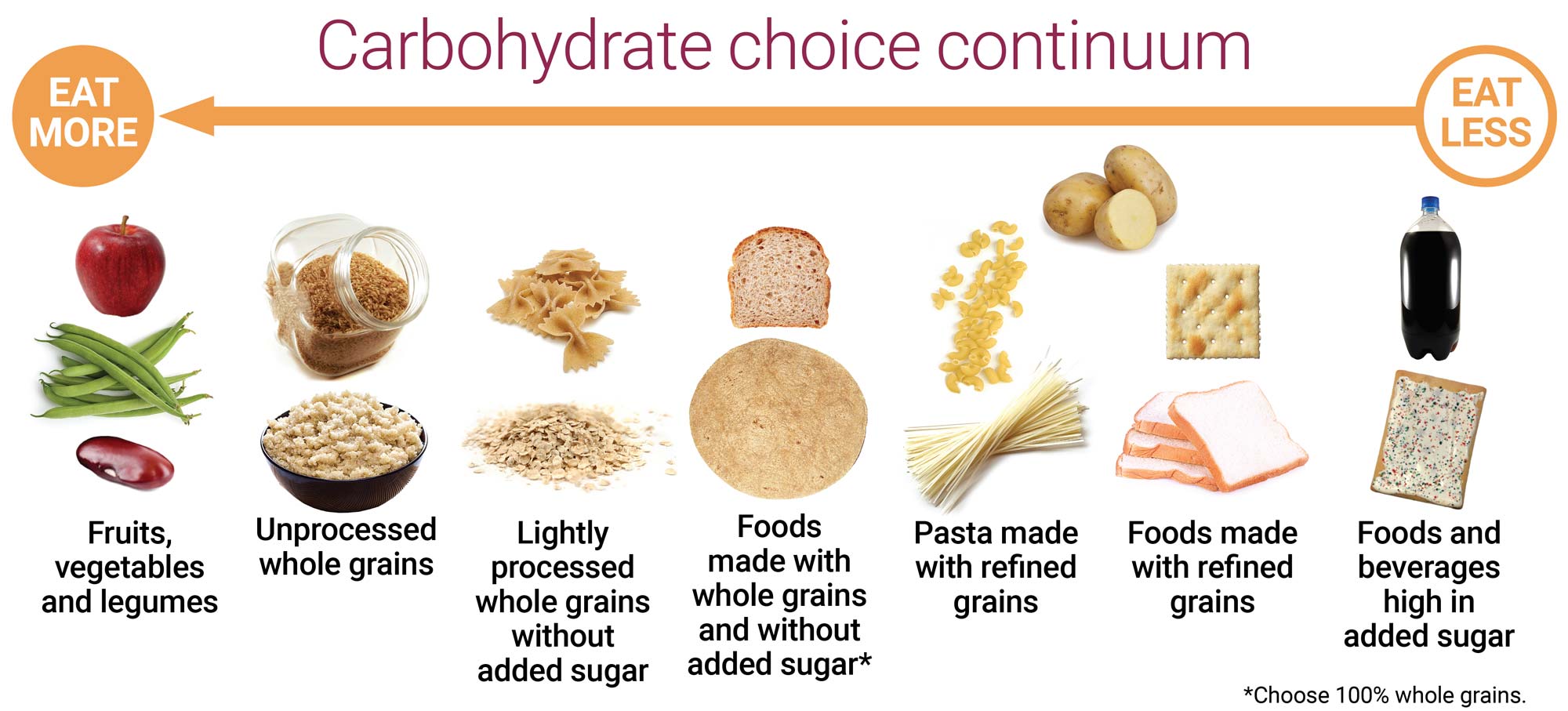
Boost Your Memory with Omega-3s Backed by Science
Omega-3 fatty acids are more than nutrients for heart health. They are critical building blocks for the brain, shaping how we think, learn, and remember. These essential fats, found in fish, nuts, and seeds, support the structure of neurons and the fluidity of their membranes. In simple terms, omega-3s help brain cells communicate clearly and stay resilient under stress.
Modern diets often lack sufficient omega-3s, which can lead to inflammation, slower mental processing, and poor memory retention. Research continues to show that maintaining healthy levels of these fats improves focus, cognitive performance, and long-term brain function.
The key is regular intake from food or supplements. The brain cannot produce omega-3s on its own, so a steady supply is necessary for both short-term concentration and long-term protection against cognitive decline.
Why Omega-3s Matter for Brain Function
The brain is composed of nearly 60 percent fat, and a large portion of that fat is made up of omega-3s, particularly DHA (docosahexaenoic acid) and EPA (eicosapentaenoic acid). These two fatty acids form the foundation of brain cell membranes, supporting flexibility, communication, and repair.
Adequate omega-3 intake has been shown to:
- Improve attention, working memory, and learning speed.
- Support hippocampal function, the brain’s main memory center.
- Protect neurons from oxidative stress and inflammation.
- Enhance mood regulation and reduce risk of cognitive decline.
In one randomized controlled trial, older adults taking DHA supplements demonstrated significant improvements in both memory and learning ability compared with placebo (Yurko-Mauro et al. 2010). Consistent intake helps maintain healthy signaling between neurons, much like oil keeps the gears of a machine turning smoothly.
How Omega-3s Influence Memory
Neural Plasticity
Omega-3s promote neurogenesis, the creation of new brain cells, and support synaptic plasticity, the brain’s ability to adapt and form new connections. This process is essential for learning and retaining information (Gómez-Pinilla 2008).
Anti-Inflammatory Effects
Inflammation interferes with neurotransmitter balance and impairs cognitive performance. Omega-3s counteract inflammation by generating anti-inflammatory molecules that protect neurons and stabilize cell membranes (Freeman et al. 2006).
Improved Blood Flow to the Brain
Regular intake enhances vascular function, ensuring consistent oxygen and nutrient delivery to brain tissue. This supports mental energy and concentration (Schmidt et al. 2015).
Neurotransmitter Balance
EPA in particular supports serotonin and dopamine pathways, which influence motivation, alertness, and emotional regulation (Su et al. 2018).
The Short Guide
If you want to improve memory and focus
Eat two servings of fatty fish such as salmon, sardines, or mackerel per week. Each serving provides DHA and EPA, the forms of omega-3s most easily used by the brain (Innis 2008).
If you follow a plant-based diet
Add chia seeds, flaxseeds, or walnuts to your meals. These contain ALA, a precursor to DHA, which your body can partially convert. Consider an algae-based supplement for a direct DHA source.
If you aim to protect against cognitive aging
Consistent omega-3 intake supports long-term brain resilience. Studies link higher blood levels of DHA with slower cognitive decline in older adults (Schmidt et al. 2015).
If you want emotional balance and better stress response
EPA-rich supplements have been shown to reduce symptoms of mild depression and support overall emotional stability (Su et al. 2018).
Practical Tips
Before you begin
Choose high-quality fish oil or algae-based supplements verified for purity. Poor-quality oils can oxidize easily and lose effectiveness.
During meals
Pair omega-3-rich foods with fat-soluble vitamins such as vitamin E. This combination helps protect and stabilize the fatty acids.
After a few weeks
Cognitive benefits build gradually. Most studies observe noticeable improvements in focus and recall after eight to twelve weeks of consistent use.
Common Pitfalls
Taking omega-3s irregularly limits their effect. Consistency matters more than high doses.
Focusing only on supplements while neglecting dietary sources misses the full nutritional benefits of whole foods.
Expecting instant mental sharpness can lead to disappointment. Omega-3s build the foundation of brain health over time, not overnight.
When to Seek Medical Advice
Consult a healthcare provider if you are on blood-thinning medication or have bleeding disorders, as omega-3s can slightly influence blood clotting. Pregnant individuals should discuss dosage with a clinician, since DHA requirements are higher but safety limits vary.
The Takeaway
Omega-3s are essential for brain resilience, memory retention, and emotional balance. They support the structure of neurons, calm inflammation, and promote efficient communication within the brain. Regular intake from fish, seeds, or supplements provides lasting benefits for focus, recall, and long-term cognitive health.
A healthy brain is built meal by meal. Include omega-3s consistently, and your mind will thank you with clarity, calm, and sharper thinking at every age.
References
Freeman MP, Hibbeln JR, Wisner KL et al. (2006) ‘Omega-3 fatty acids: evidence basis for treatment and future research in psychiatry’, Journal of Clinical Psychiatry, 67(12):1954–1967. https://doi.org/10.4088/jcp.v67n1207
Gómez-Pinilla F (2008) ‘Brain foods: the effects of nutrients on brain function’, Nature Reviews Neuroscience, 9(7):568–578. https://doi.org/10.1038/nrn2421
Innis SM (2008) ‘Dietary omega 3 fatty acids and brain development’, Journal of Nutrition, 137(4):855–859. https://doi.org/10.1093/jn/137.4.855
Schmidt M, Hinrichs J, Fahlbusch B, Jänicke B and Hahn A (2015) ‘Long-chain omega-3 fatty acids and cognition in healthy individuals: a systematic review’, Nutrition Reviews, 73(9):557–565. https://doi.org/10.1093/nutrit/nuv014
Su KP, Tseng PT, Lin PY et al. (2018) ‘Association of use of omega-3 polyunsaturated fatty acids with changes in depression symptoms: a systematic review and meta-analysis’, JAMA Network Open, 1(5):e182327. https://doi.org/10.1001/jamanetworkopen.2018.2327
Yurko-Mauro K, McCarthy D, Rom D et al. (2010) ‘Beneficial effects of docosahexaenoic acid on cognition in age-related cognitive decline’, Alzheimer’s & Dementia, 6(6):456–464. https://doi.org/10.1016/j.jalz.2010.01.013



















